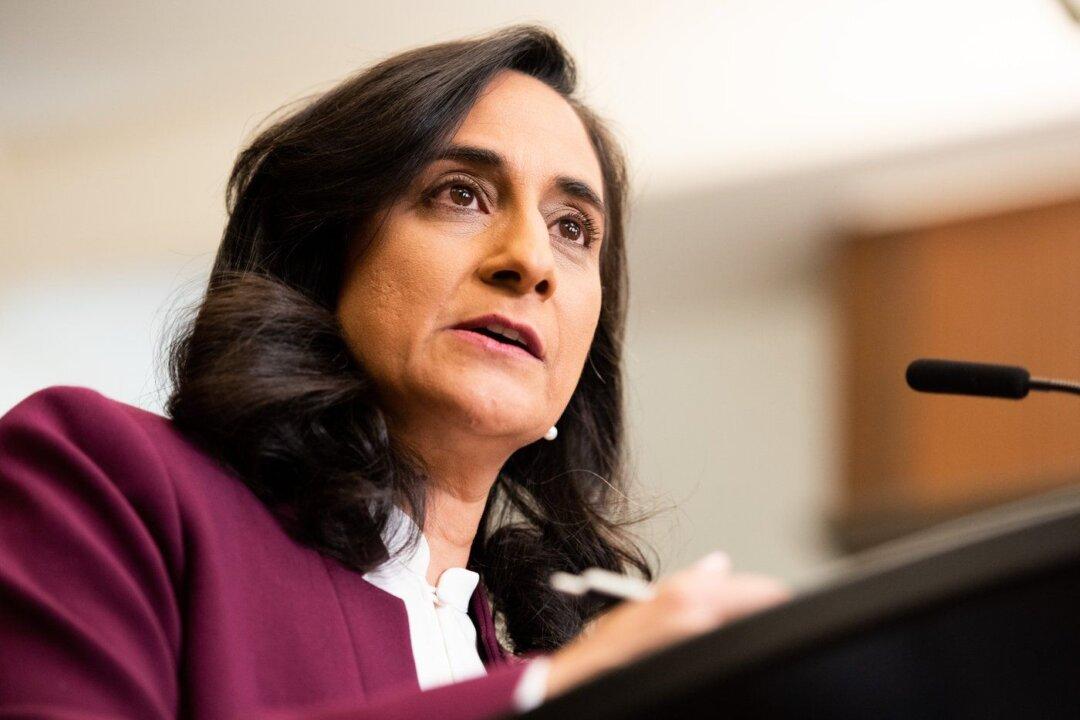The federal government is upgrading facilities for the Canadian military’s counter-terrorism unit to meet its “long-term growth ... and high-readiness operational” needs, National Defence Minister Anita Anand announced March 21.
The $1.4 billion upgrade to the Dwyer Hill Training Centre in Ottawa will add over 100,000 square feet and replace 89 aging and temporary structures with 23 new facilities. It is expected to take a decade to complete and create 2,000 jobs, Anand said, speaking from defence headquarters.





